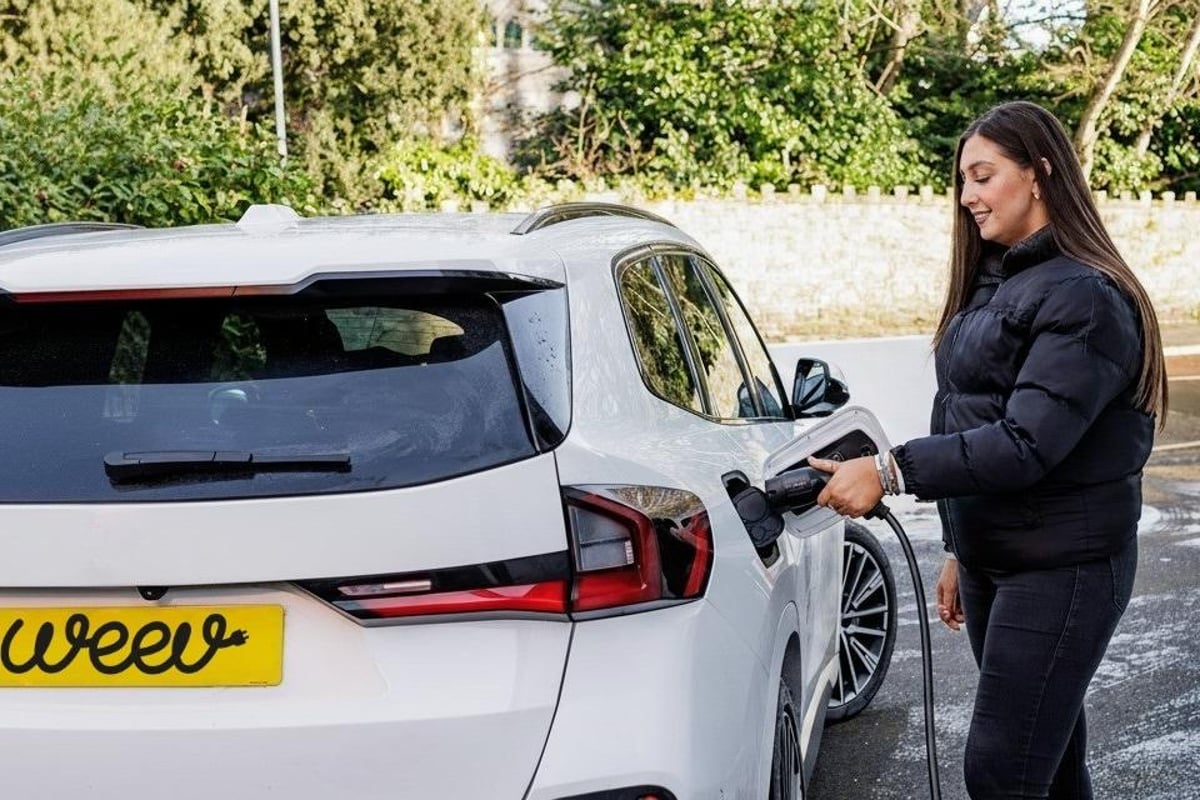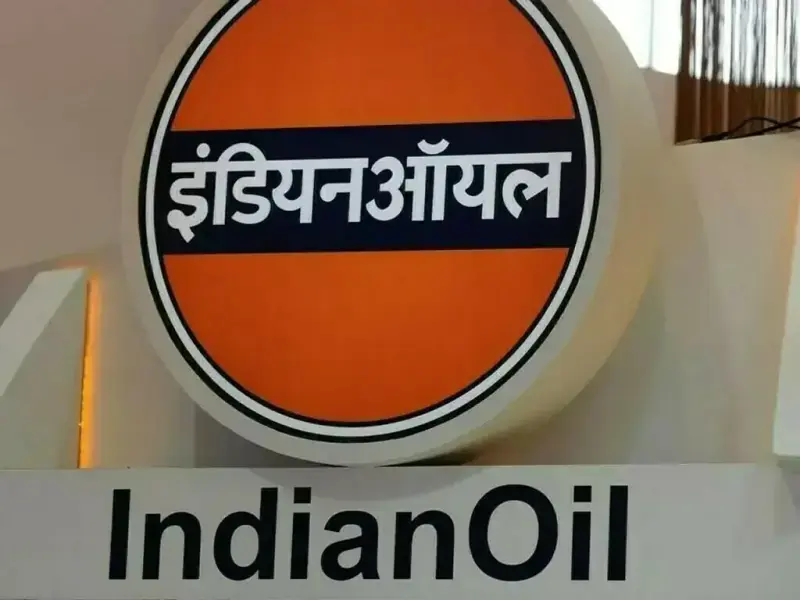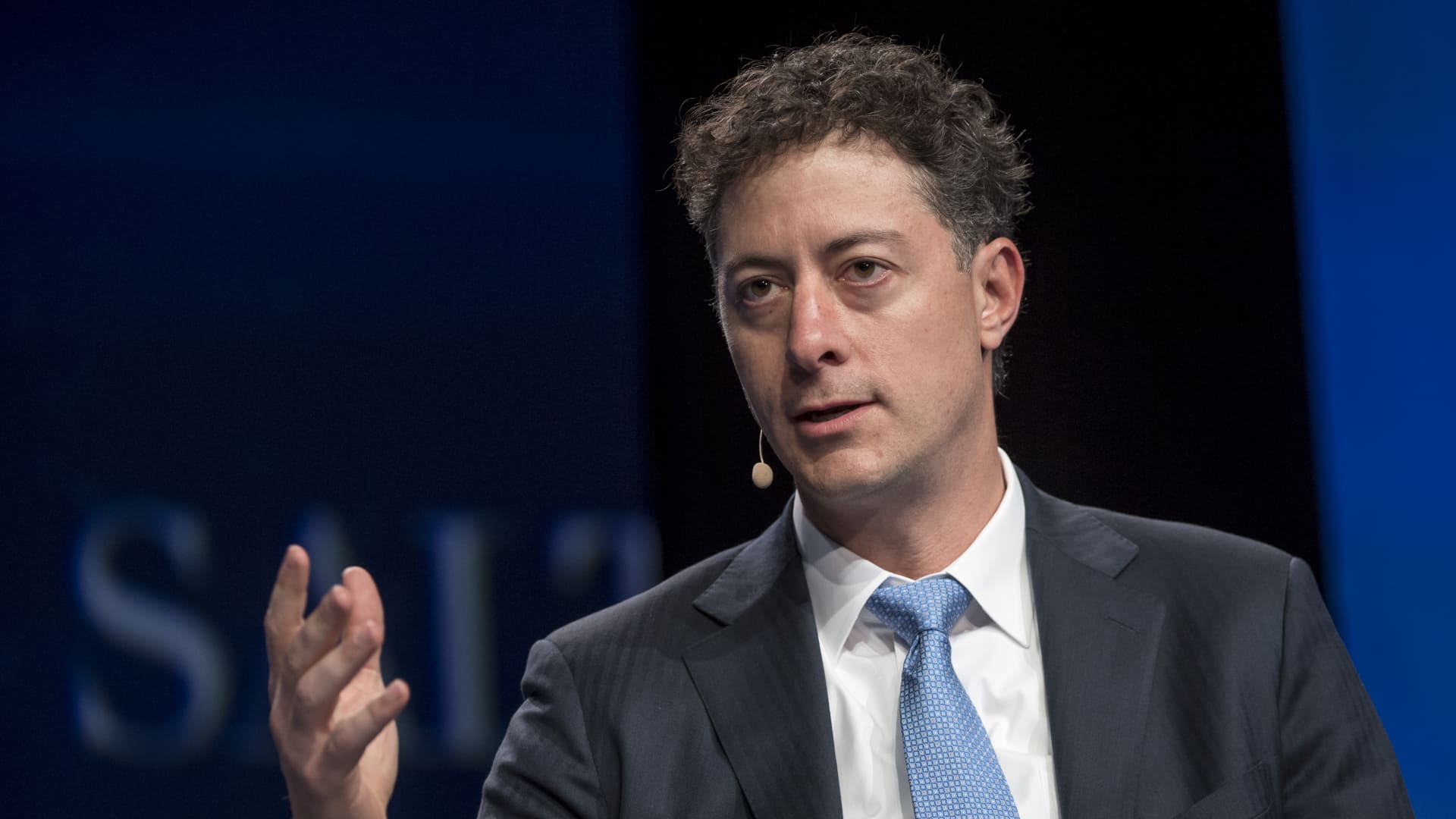Copyright scotsman

Drivers of electric vehicles (EVs) in rural Scotland should be awarded “free miles” if a new pay-per-mile system is announced in the UK Budget, a motoring group has urged. The call came in response to the Treasury appearing to test the water again over the long-discussed change to motoring taxation before deciding whether to include it in Chancellor Rachel Reeves’s statement on November 26. EV owners would be charged 3p per mile in addition to vehicle excise duty to help offset the reduction in fuel duty as more drivers switch to electric models, The Daily Telegraph reported on Thursday. The scheme would reportedly start in 2028, with drivers paying an average of £250 more a year and some six million motorists affected. The report quoted examples of the extra cost of journeys, such as £12 between Edinburgh and London. Hybrid vehicle owners would pay a lower rate. It said drivers would be asked to estimate their annual mileage with the extra charge added to their vehicle excise duty - the former tax disc. Unused miles could be carried over to the following year, with additional miles requiring a top up payment. However, there has also been a report the Chancellor was still weighing up the pay-per-mile measure and it was “unlikely” to form part of this month’s Budget. In addition, proposed changes to motoring taxes have sparked significant opposition in the past and the Labour UK government may be wary of any moves that could increase its unpopularity further. A year ago, there was speculation that a pay-per-mile scheme would be introduced, but it did not appear in the Budget - with a surprise continued freeze in fuel duty rates included instead. Petrol car drivers pay an average of £600 a year in fuel duty - reported to average 6p a mile - while owners of EVs are exempt. Fuel duty has been frozen for 14 years at nearly 53p a litre, which is estimated will have cost the Treasury £100 billion by next year. The Automobile Association (AA) warned that charging EV drivers more could hinder UK government moves to encourage more drivers to switch from petrol and diesel cars to cut emissions. President Edmund King said: "Whilst we acknowledge the Treasury is losing fuel duty revenue as drivers go electric, the government has to tread carefully unless their actions slow down the transition to EVs.” He pointed out the UK government’s zero emission vehicle mandate, to phase out the sale of new petrol and diesel cars and vans by 2035, would not hit this year’s target. It stipulates that 28 per cent of new car sales are to be zero emissions, but Mr King said sales were running at 22 per cent. He said: “We need to see the detail of this proposal to ascertain whether these new taxes will be equitable or just an extra tax." Mr King said rural car owners in Scotland typically drove more than most, so they should be given a dispensation. “There is an argument that says these drivers should get a bank of ‘free miles’ to help make the system fairer for them,” he said. Don’t miss out - subscribe to The Scotsman’s transport newsletter Scotland-based road safety consultant Neil Greig said: “Rural Scottish drivers are still totally dependent on the car, EV or ICE [internal combustion engine], so the prospect of adding to their costs will only add to their economic worries. “As ever, they are being asked to pay more with no noticeable improvement in the charging network or compensating reductions in excise duties over which the Scottish Government have no control. This measure also risks cancelling out the positive impact the recent EV subsidies have had on electric car sales.” Scottish Conservatives transport spokesperson Sue Webber said: “Those with electric vehicles will be alarmed that they look set to be the latest group to be targeted by Rachel Reeves. “They should not be treated as a cash cow simply due to the Chancellor’s shameful broken promises and financial incompetence. Just like the SNP, this UK Labour government will always look to tax anything they can. “Instead of punishing motorists, both of them should be investing in the charging network across the country which is nowhere near good enough if they want more people to turn to electric cars.” Paul Barker, editor at Auto Express, called for VAT to be removed from public EV charging “to help counterbalance the pay per mile charge and make EVs more accessible to those without facilities to charge at home”. He added: “Pay per mile car taxation has a number of hefty issues to negotiate – including the tech, fairness of implementation and privacy – so it will be very interesting to see the mechanics of the Government's implementation. “In the long term, however, it’s the direction of travel for all cars, not just EVs.” Leasing firm Octopus Electric Vehicles agreed that extra charges were premature. Head of policy James Court said: “EV drivers should pay, but it should come at the right level and the right time. Now would be far too soon. EVs represent only 4 per cent of cars on our roads and a tax would raise a minimal amount until this number is bigger. “As we’ve seen in other countries, introducing a charge now would stifle the growth we’ve seen over the past years, and be self-defeating.” However, the Energy & Climate Intelligence Unit said that even with a 3p per mile charge, EVs would remain more than £1,000 a year cheaper to run than petrol cars. Tanya Sinclair, chief executive of lobby group Electric Vehicles UK, said there was “no doubt” the system of paying for vehicle usage “needs fundamental reform”, but stressed the importance of how this happened. She said: “Government must take the time to consult properly, design carefully and communicate transparently – a process that will take years, not months.” Steve Gooding, director of motoring research charity the RAC Foundation, said: “The era of oil-powered motoring is coming to an end, and with it the end of the fuel duty cash-cow that has helped balance the Treasury books for so many years. “If the Chancellor is tempted to go down the route of introducing a distance charge for EV drivers, but still encourage EV take-up, then she needs to look at how to cut the cost of public charging for the millions of people who don’t have the option to charge their cars at home.” A UK Government spokesperson said: “Fuel duty covers petrol and diesel, but there’s no equivalent for electric vehicles. “We want a fairer system for all drivers whilst backing the transition to electric vehicles, which is why we have invested £4 billion in support, including grants to cut upfront costs by up to £3,750 per eligible vehicle. “Just as it is right to seek a tax system that fairly funds roads, infrastructure and public services, we will look at further support measures to make owning electric vehicles more convenient and more affordable.”



